1. California
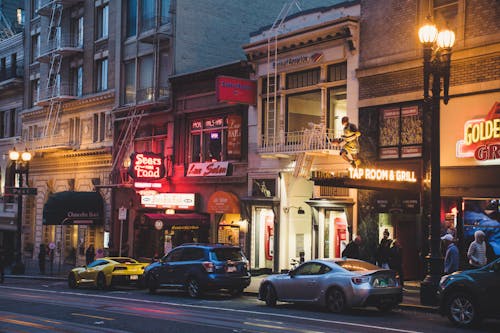
California’s push for clean air is squeezing RV owners. Starting in 2025, new RVs over 8,500 pounds must meet much tougher emissions standards, which limits what models are available for purchase. This means you might not find your usual Class A or C motorhomes unless they comply with the new rules. While existing RVs aren’t banned, the selection of new rigs is shrinking fast.
On top of that, many cities like San Francisco have started cracking down on overnight street parking for RVs, limiting stays to just a couple of hours unless you have a permit. This especially impacts people who live in their RVs and rely on overnight parking as housing. So even if your RV is compliant, finding legal spots to park overnight is getting tougher in California. It’s a double whammy—harder to buy the rig you want and harder to find a place to stay.
2. Oregon
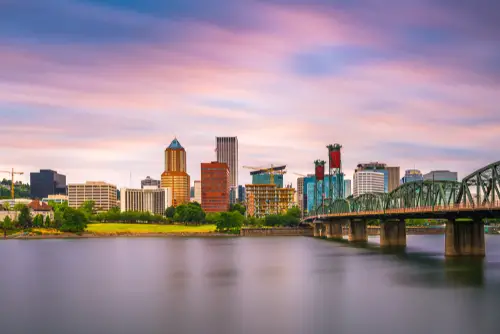
Oregon has adopted similar emissions rules as California for new RVs over 8,500 pounds, making many older-style gas-guzzling RVs harder to find at dealerships. If you’re shopping for a new rig, expect fewer options unless they meet the new standards. For folks who like traditional rigs, this shift feels like a slow squeeze on choice.
Besides sales, Oregon is cracking down on camping on public lands, limiting how long you can stay in National Forests and BLM areas. This means the free or cheap boondocking spots that many RVers rely on are vanishing or becoming off-limits. With fewer public options, private campground prices often rise, putting more pressure on your travel budget.
3. Washington
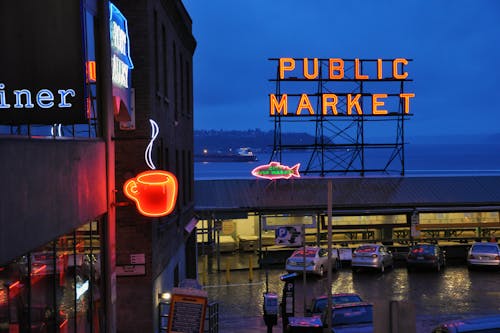
Washington state has joined the emissions crackdown, requiring new RVs over 8,500 pounds to meet strict clean-air rules. For buyers, this means fewer new models available that don’t comply, and the cost of compliant rigs can be higher. If you’re used to shopping for a big, powerful Class A, your choices are narrowing.
On the overnight parking front, many Washington cities are enforcing bans on RV street parking, especially in urban areas. Enforcement can be strict, and overnight parking is no longer as freely available as it used to be. For nomads and snowbirds, this can mean rethinking routes and overnight stops.
4. New York

New York has rolled out similar emissions standards affecting new RV sales, reducing the availability of older, less eco-friendly models. If you’ve been dreaming of that classic motorhome, you may need to look harder or settle for more modern designs that comply with emissions rules. The new laws quietly change the buying landscape.
Overnight parking is also becoming more challenging across New York State. Public parks and municipal areas are putting time limits on stays and enforcing parking bans more aggressively. Those easy overnight stops at rest areas or big-box stores aren’t as reliable anymore, making it tougher to find safe and legal parking after dark.
5. Massachusetts

Massachusetts has adopted stricter regulations that impact RV sales, particularly targeting heavy rigs that don’t meet new emission guidelines. That means fewer options for buyers wanting large, traditional motorhomes unless they meet the state’s clean-air standards. The changes are subtle but significant for those shopping new.
Additionally, overnight parking enforcement has increased in many towns and cities across the state. Restrictions on street parking for RVs are more common, and some public lands have tightened camping rules. This means RVers need to be extra careful about where they park overnight to avoid fines or towing.
6. Colorado
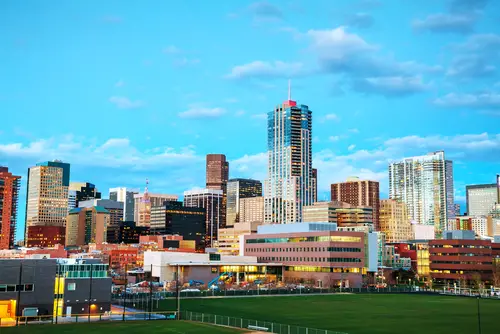
Colorado’s stunning mountain scenery makes it a favorite for RVers, but it’s also getting tougher to stay overnight without hassles. The state has increased patrols and enforced camping limits on public lands, especially in heavily trafficked areas near popular trails and ski resorts. You might find yourself having to move every couple of days, which can be exhausting.
In addition, some cities in Colorado have passed ordinances limiting or banning overnight parking for RVs on city streets or in commercial lots. This can catch travelers off guard, especially in smaller towns where overnight parking spots are rare. Planning ahead is becoming a must here if you want to avoid fines.
7. Texas

Texas is known for its big skies and RV-friendly attitude, but recently several cities have tightened overnight parking rules. Especially in growing metropolitan areas, local governments are enforcing bans on sleeping in vehicles overnight on public streets. This is partly aimed at controlling homelessness but it impacts RV travelers just the same.
On the sales side, Texas is feeling the ripple effects of nationwide emissions regulations that are limiting new heavy RVs. Although Texas hasn’t imposed state-specific bans, the reduced availability of older-style rigs affects buyers here too. So, the Lone Star State is quietly becoming less easy for RV overnight stays and new rig purchases.
8. Florida
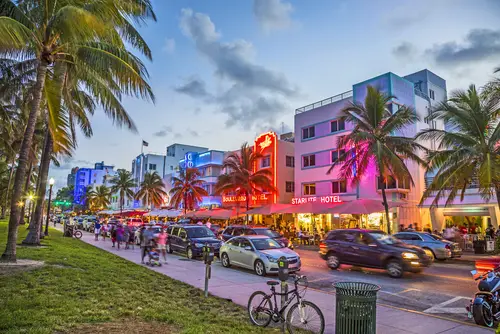
Florida has long been a top spot for snowbirds, but lately, several counties and cities have cracked down on overnight RV parking. Areas popular with tourists have enacted ordinances that prohibit sleeping in vehicles overnight in many public parking lots. This means your usual go-to spots might suddenly be off-limits.
Meanwhile, Florida dealers are adjusting to the stricter emissions standards affecting new RVs, cutting into the range of available rigs. Between fewer options on the market and less overnight parking, RVers are starting to feel the pinch. Planning your route and camping spots in advance has become crucial.
9. Illinois
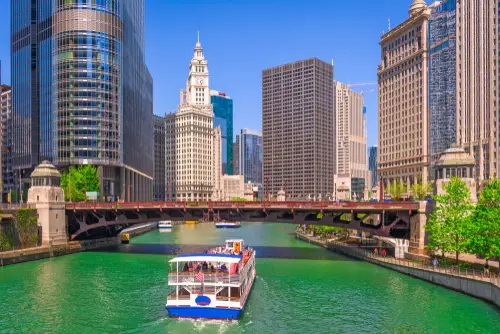
Illinois has become stricter about overnight parking, especially in Chicago and its suburbs, where sleeping in vehicles on city streets or public parking lots is often prohibited. Enforcement has ramped up to address safety and homelessness concerns, but it impacts RV travelers too. You’ll find fewer free or cheap overnight spots without risking a ticket or tow.
Meanwhile, Illinois follows the nationwide trend of limiting new RV sales with stricter emissions requirements for rigs over 8,500 pounds. That means fewer older-style motorhomes on dealer lots and a narrower range of new RV options. All told, Illinois is quietly making it harder to park overnight and to find your ideal rig.
10. Arizona

Arizona remains popular for RVers chasing winter warmth, but the state has started tightening rules on overnight parking in some areas. Certain cities have banned overnight sleeping in vehicles on city streets and public parking lots. That makes it harder to find free or cheap overnight stops, especially near Phoenix and Tucson.
Like its neighbors, Arizona also follows the stricter emissions guidelines for new RVs over 8,500 pounds, narrowing new rig choices. It’s a double-edged sword: fewer places to park and fewer new RVs to choose from when upgrading or replacing your rig.
11. Utah
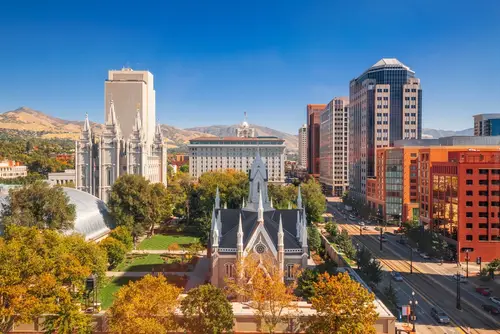
Utah is famed for its national parks, but it’s cracking down on overnight camping and parking in many areas. The National Park Service and Bureau of Land Management have implemented strict stay limits and increased patrols. If you’re used to boondocking near stunning canyons, expect more frequent move-alongs or fines.
Utah also enforces the newer emissions standards for new RV sales, reducing availability of some larger, older-style motorhomes. Buyers might find fewer options that fit their needs and budget. So, even though Utah is a beautiful place to RV, staying overnight and buying rigs is getting more complex.
12. Michigan

Michigan has introduced stricter local ordinances banning overnight parking for RVs in certain towns, especially around popular tourist spots like the Great Lakes shoreline. These parking restrictions are becoming more common and aggressively enforced. It’s catching some travelers by surprise who assume overnight parking is always allowed.
The state also complies with nationwide emissions standards that reduce the number of older, heavier RV models sold. Buyers wanting classic rigs may need to look elsewhere or consider newer, cleaner models. All this means more planning is required if you want to stay overnight legally.
13. New Jersey
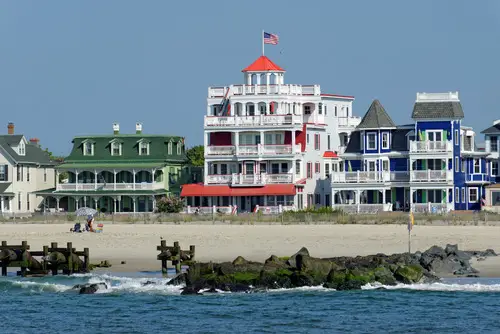
New Jersey has stepped up enforcement on overnight parking in many urban and suburban areas. The rules often prohibit sleeping in vehicles overnight on streets and in some public lots. This is especially true near busy tourist or shopping areas.
In addition, new emissions requirements mean fewer traditional RV models are available for purchase. Between limited parking and shrinking rig options, New Jersey is quietly making RV life more complicated.
14. Nevada
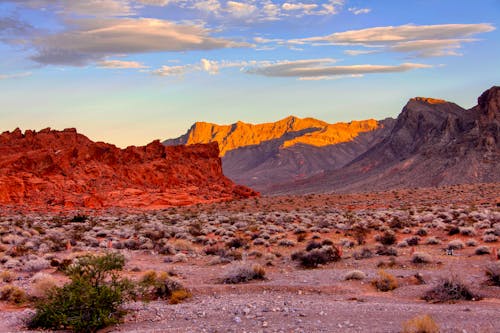
Nevada is well known for open desert and freedom, but recent years have brought tighter restrictions. Federal land camping rules have shortened allowed stays, and some towns ban overnight parking in commercial areas. This limits the easy spots RVers once relied on.
Emissions standards in Nevada also align with California’s stricter rules, shrinking the selection of new RVs over 8,500 pounds. The combined effect is a state that’s still beautiful but tougher for overnight RV stays and new purchases.
15. Alaska
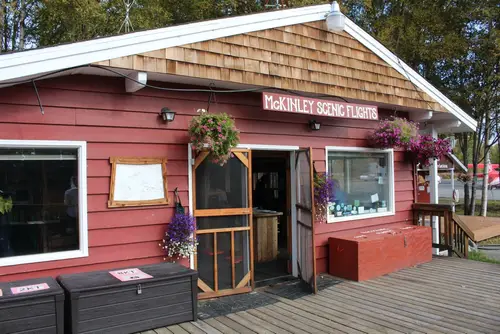
Alaska’s rugged beauty draws many RV travelers, but the state has introduced more limits on where you can stay overnight. Many municipalities and boroughs have tightened restrictions on sleeping in vehicles on public roads. This means more frequent moves and fewer options, especially in popular tourist areas.
Though emissions rules don’t impact Alaska as much yet, the overnight parking crunch is real. RVers need to plan carefully and consider private campgrounds or designated RV parks to avoid fines or confrontations.
This post 15 RV-Friendly States That Are Quietly Making It Harder to Stay Overnight was first published on Greenhouse Black.
